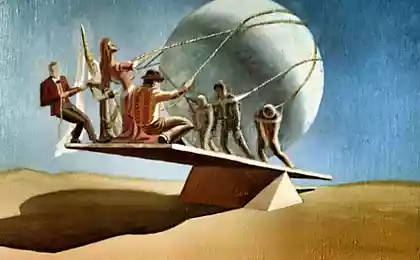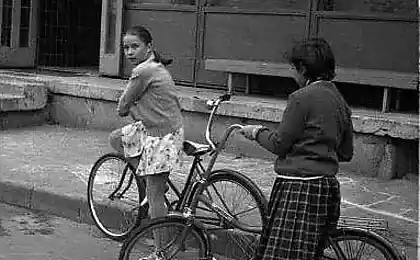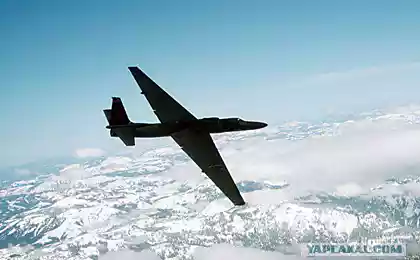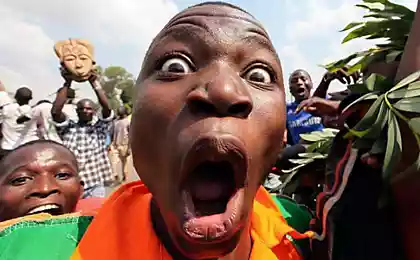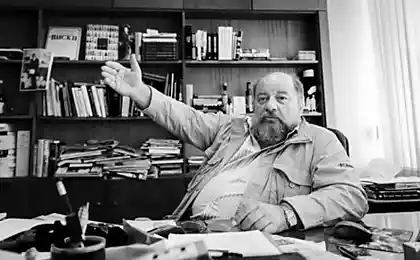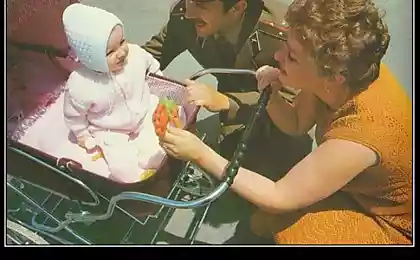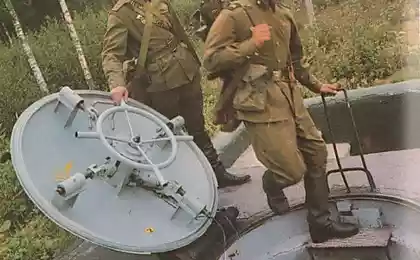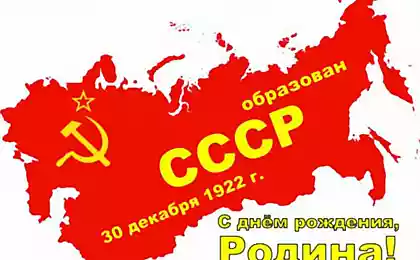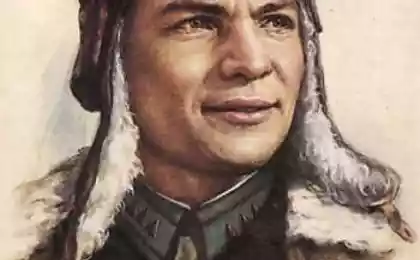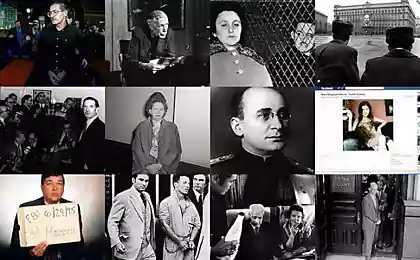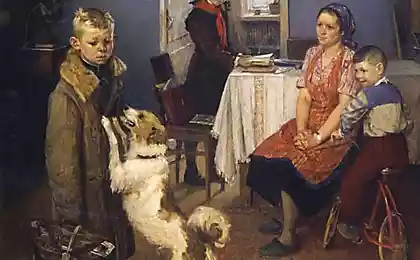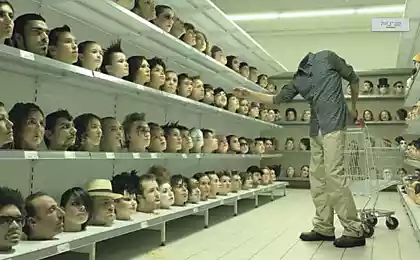174
How in 1958 the successes of a high school student from the United States and a Soviet schoolboy were compared
There is still debate as to whether there was Soviet education better than the West. It will not be difficult to find a person who will say that studying in the USSR was prestigious. At the same time, there are those who will name dozens of disadvantages in the work of schools and universities of the Soviet Union.
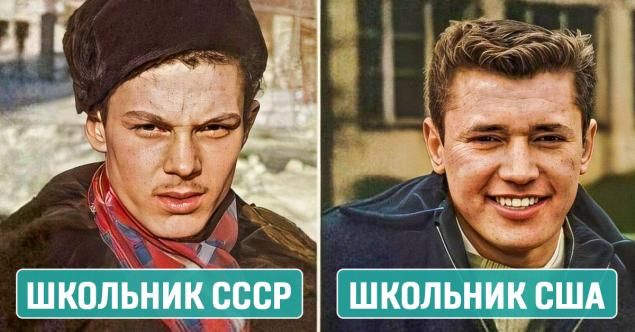
As it turned out, this question tormented people during the very period of the existence of the USSR. We found information about an interesting experiment that was conducted back in 1958. It was initiated by the States. And the essence of the experience was to compare the school successes of American and Soviet high school students. What came out of this, we tell further in the article.
Back in 1958, the United States decided to conduct an interesting experiment to test where the education system is more effective: in the USSR or the United States. The reason for this decision was the rapid exploration of space by the Russians.
The logic of the Americans was simple. If Soviet engineers build man-made satellites and launch them into space before the Americans, then the Soviet Union has good teachers.
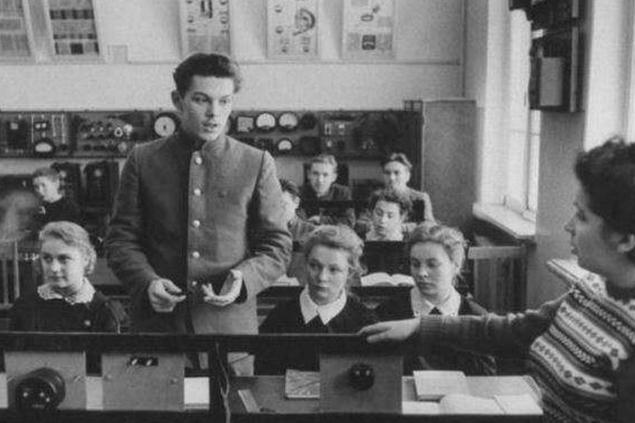
The experiment involved observing two high school students for a month. It was Steven Lapekas from Chicago and Alexei Kutskov from Moscow. Authorized Americans arrived in the USSR to see with their own eyes how Soviet schoolchildren learn.
By what principle among all chose Lesha, remains unknown. The guy was in 10th grade. He wasn't much different from the others. He grew up without a father who died during the war. The boy's mother worked as an engineer.
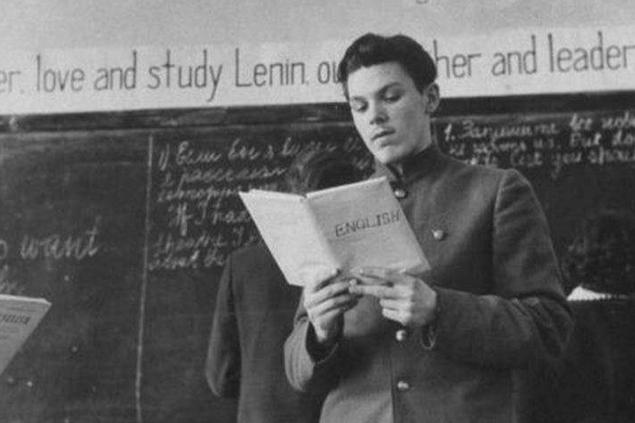
His mother wanted him to do music. Lesha was an obedient fellow, but his soul lay to volleyball. Nevertheless, Alexei managed to please his mother, and his desires to satisfy, and learn well at the same time.
Lesh was put before the fact that for a whole month, visiting Americans will follow him on his heels. They went with him to all the lessons, music classes, volleyball and even to personal meetings with friends. From the outside, it looked like a high school student had personal bodyguards. They dressed in strict suits and carried briefcases with documents.
An American schoolboy was in exactly the same conditions. For a whole month, two specialists watched how the teenager learns and what he does in his free time.
When the experiment came to an end, its results were published in a large article in the famous journal Life. According to her, the level of education in Soviet schools was much higher than in American. This was evidenced by the number of different disciplines taught in the USSR.
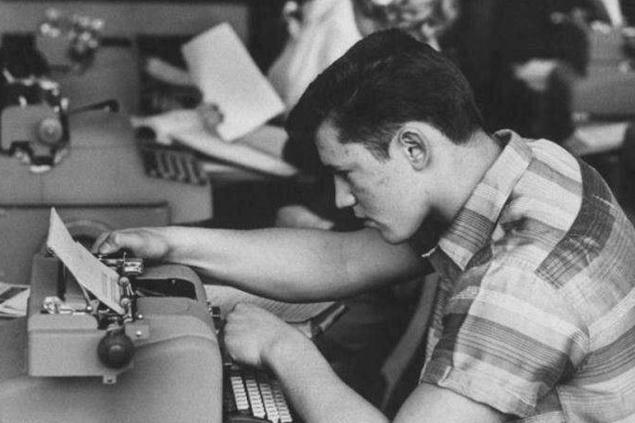
American observers especially noted the study of natural sciences in Soviet schools. They also liked the practical work in chemistry and physics: a large number of experiments were conducted in the classroom.
Alexei showed excellent results in literature. He read the works in full while American schoolchildren studied them in abridged form. And in general, it seems that Stephen is not interested in studying. He spent more time with friends and girls.
When the article with the results of the experiment was published in the journal, Alexey became a local star and role model for many schoolchildren in the United States. Moreover, this event was the impetus for the reorganization of the entire school process.
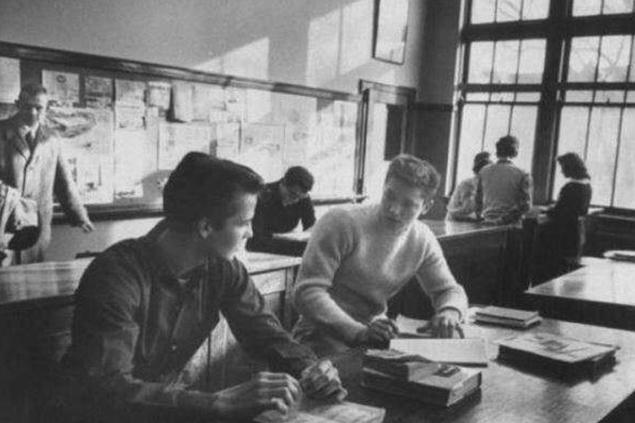
Interestingly, both Lesha and Stephen managed to achieve considerable heights in life. They both worked in aviation. But they couldn't keep in touch. The American showed no interest in communicating with his Soviet opponent. And when Kutskov went to the States on a working visit, Mr. Lapekas simply refused to meet him.
Do you think he's just sulking at his opponent for losing an experiment?
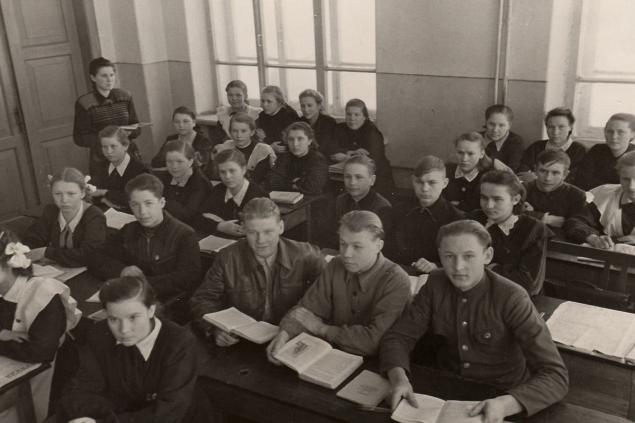
We have never heard of such experiments before. However, their existence hardly suggests that the Soviet education system was the best in the world. In addition, the objectivity of such a study leaves much to be desired. Think for yourself: only 2 people took part in the experiment. Is it possible to judge the entire educational process in such vast countries by just a few students?
I wonder what you think about that? Boldly share your thoughts in the comments!

As it turned out, this question tormented people during the very period of the existence of the USSR. We found information about an interesting experiment that was conducted back in 1958. It was initiated by the States. And the essence of the experience was to compare the school successes of American and Soviet high school students. What came out of this, we tell further in the article.
Back in 1958, the United States decided to conduct an interesting experiment to test where the education system is more effective: in the USSR or the United States. The reason for this decision was the rapid exploration of space by the Russians.
The logic of the Americans was simple. If Soviet engineers build man-made satellites and launch them into space before the Americans, then the Soviet Union has good teachers.

The experiment involved observing two high school students for a month. It was Steven Lapekas from Chicago and Alexei Kutskov from Moscow. Authorized Americans arrived in the USSR to see with their own eyes how Soviet schoolchildren learn.
By what principle among all chose Lesha, remains unknown. The guy was in 10th grade. He wasn't much different from the others. He grew up without a father who died during the war. The boy's mother worked as an engineer.

His mother wanted him to do music. Lesha was an obedient fellow, but his soul lay to volleyball. Nevertheless, Alexei managed to please his mother, and his desires to satisfy, and learn well at the same time.
Lesh was put before the fact that for a whole month, visiting Americans will follow him on his heels. They went with him to all the lessons, music classes, volleyball and even to personal meetings with friends. From the outside, it looked like a high school student had personal bodyguards. They dressed in strict suits and carried briefcases with documents.
An American schoolboy was in exactly the same conditions. For a whole month, two specialists watched how the teenager learns and what he does in his free time.
When the experiment came to an end, its results were published in a large article in the famous journal Life. According to her, the level of education in Soviet schools was much higher than in American. This was evidenced by the number of different disciplines taught in the USSR.

American observers especially noted the study of natural sciences in Soviet schools. They also liked the practical work in chemistry and physics: a large number of experiments were conducted in the classroom.
Alexei showed excellent results in literature. He read the works in full while American schoolchildren studied them in abridged form. And in general, it seems that Stephen is not interested in studying. He spent more time with friends and girls.
When the article with the results of the experiment was published in the journal, Alexey became a local star and role model for many schoolchildren in the United States. Moreover, this event was the impetus for the reorganization of the entire school process.

Interestingly, both Lesha and Stephen managed to achieve considerable heights in life. They both worked in aviation. But they couldn't keep in touch. The American showed no interest in communicating with his Soviet opponent. And when Kutskov went to the States on a working visit, Mr. Lapekas simply refused to meet him.
Do you think he's just sulking at his opponent for losing an experiment?

We have never heard of such experiments before. However, their existence hardly suggests that the Soviet education system was the best in the world. In addition, the objectivity of such a study leaves much to be desired. Think for yourself: only 2 people took part in the experiment. Is it possible to judge the entire educational process in such vast countries by just a few students?
I wonder what you think about that? Boldly share your thoughts in the comments!
Marvel casino - play for real money and for free
There were rumors that the Diva herself survived Menshov with “Song of the Year”
